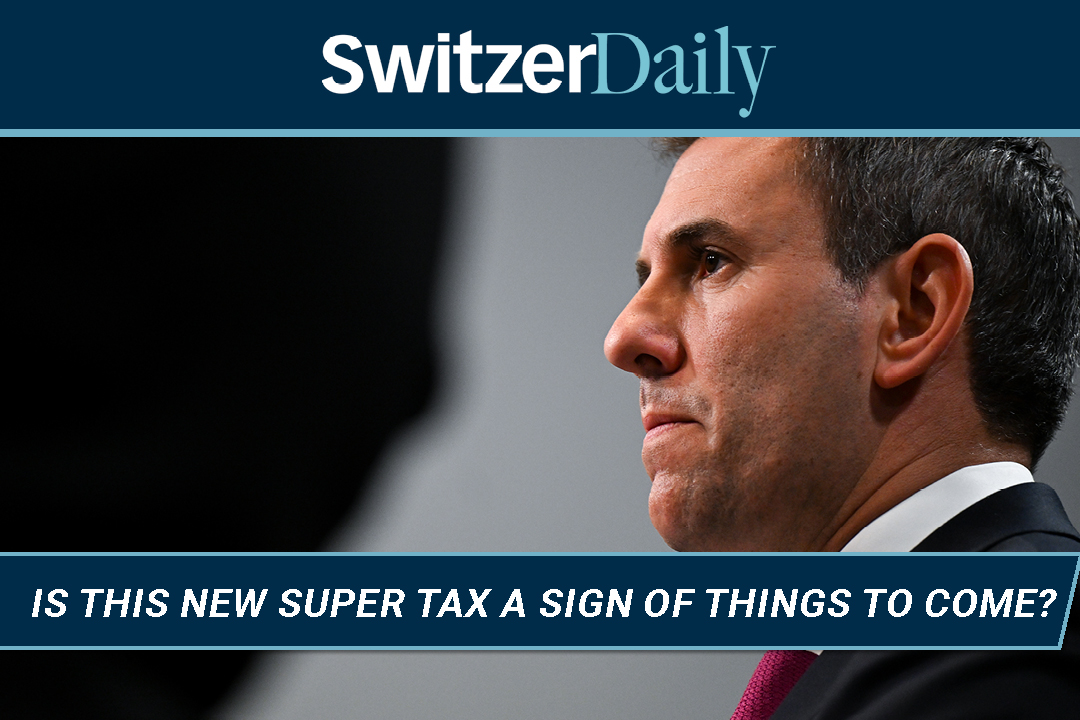

Superannuation savers are close to being slugged by the Albanese government’s planned tax on those with more than $3 million in their superannuation accounts. Be clear on this: the tax rate on earnings up to $3 million is 15% and with this tax change, any earnings over that will be taxed at 30%.
This is set to be Treasurer Jim Chalmers’ first step in his goal to (in his own words) preserve savings in “an equitable and sustainable way.”
Most Aussies don’t have $3 million in their super accounts, so this proposed change won’t be a vote-killer for the 2025 election, unless there are more tax changes that make it easy for Peter Dutton (or whoever replaces him) to call out Dr Jim as a threat to all our bottom lines.
A question some wealth builders must be asking is: “OK, it’s a super tax on the super wealthy but what if they go after people with more than one or two properties?”
The Treasurer says he’s introducing this extra tax on super to bankroll his “responsible budget” that gave “targeted cost of living relief.”
The AFR’s Hannah Wootton showed us that this tax change is both economic and political for Dr Chalmers, who bagged Mr Dutton for wanting to get rid of “bigger tax breaks for people who already have tens of millions of dollars in super”.
Well, referring to people with $10 million in super is relevant because these people will be hit, and most wouldn’t vote for Labor, but the tax will hit those with $3 million or more in super.
Let’s try to pull the politics out of this government grab for other people’s money and deal with the facts and implications of this taxing move. Here goes:
What will the effects be?
Like all new taxes, it’s the thin end of the wedge and as time goes on, more and more people will feel the impact as the super tax drives more and more into a growing number of super savers.
And you can bet, given the size of the deficit after the pandemic, more taxes are likely to show up in the future.